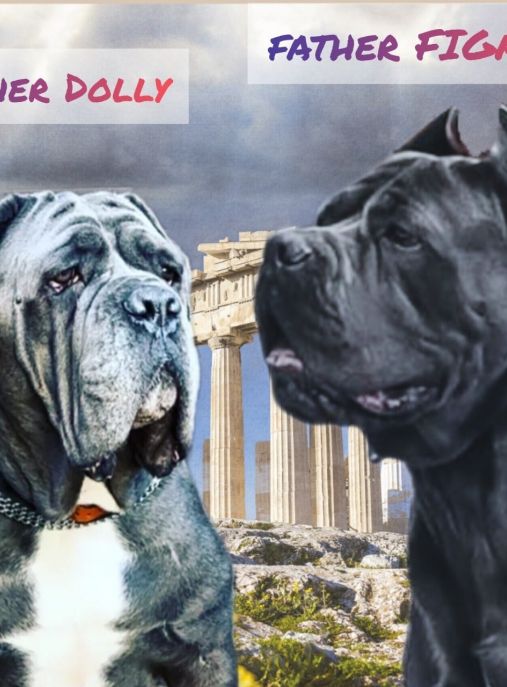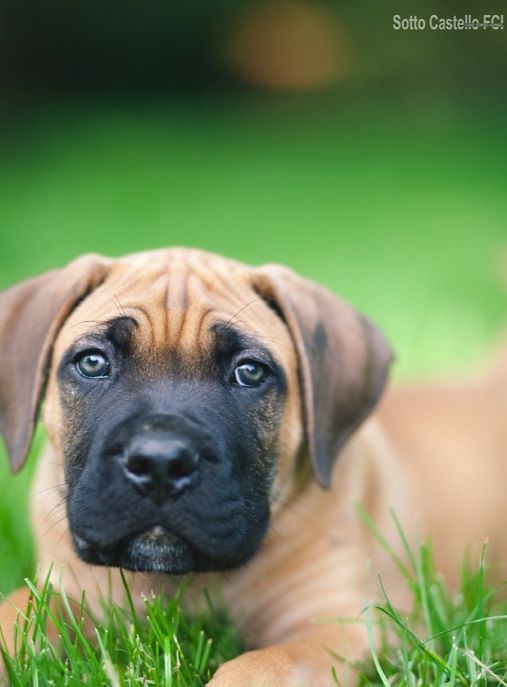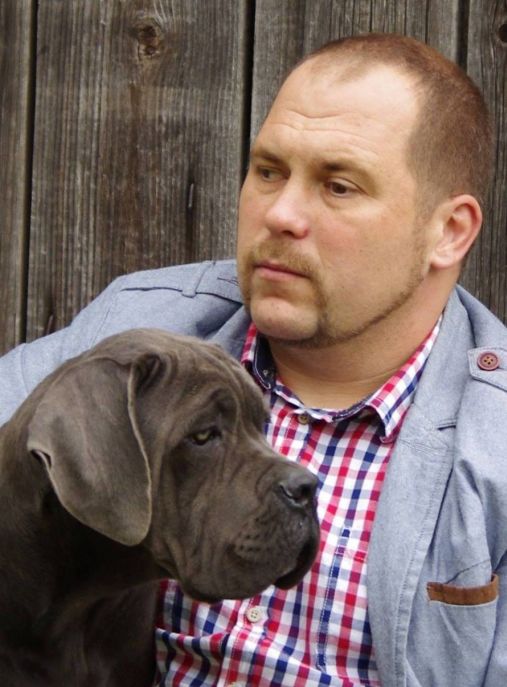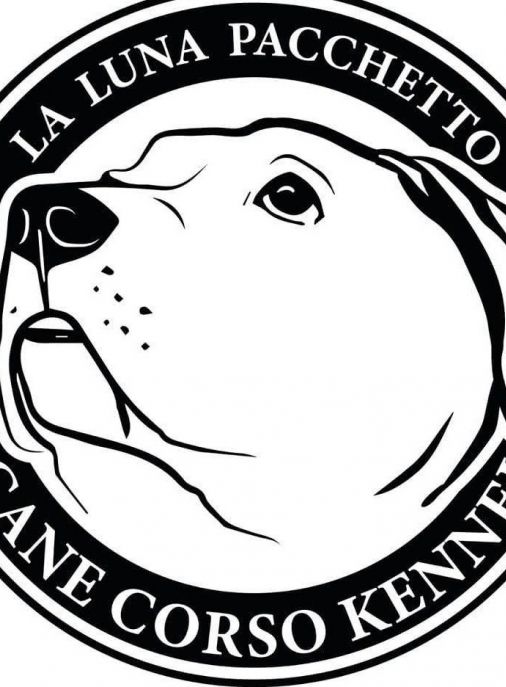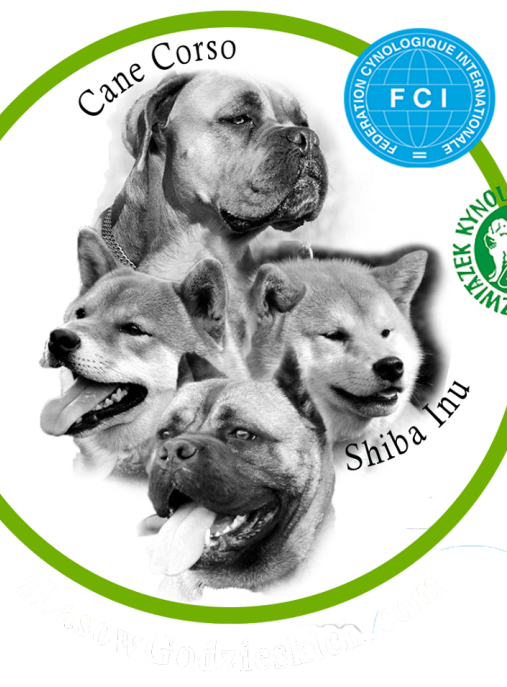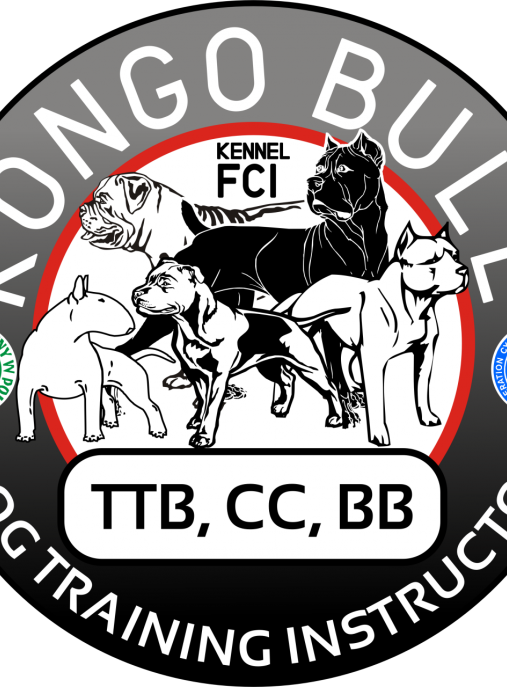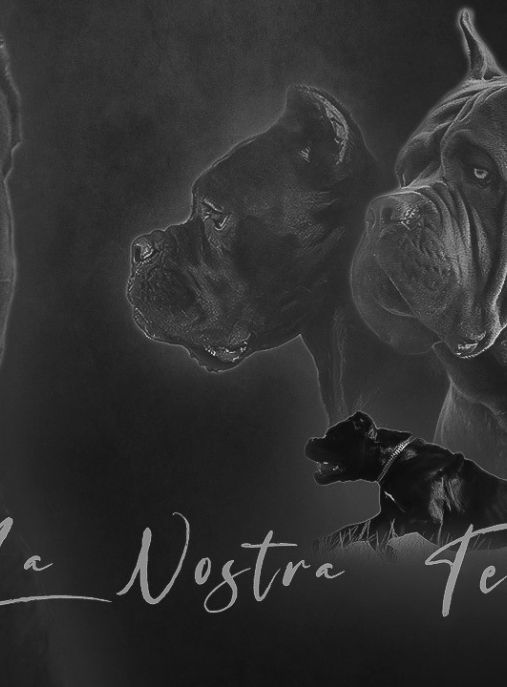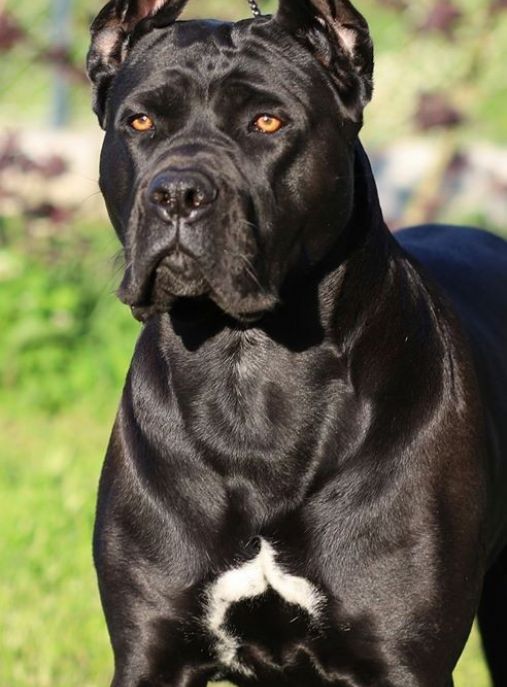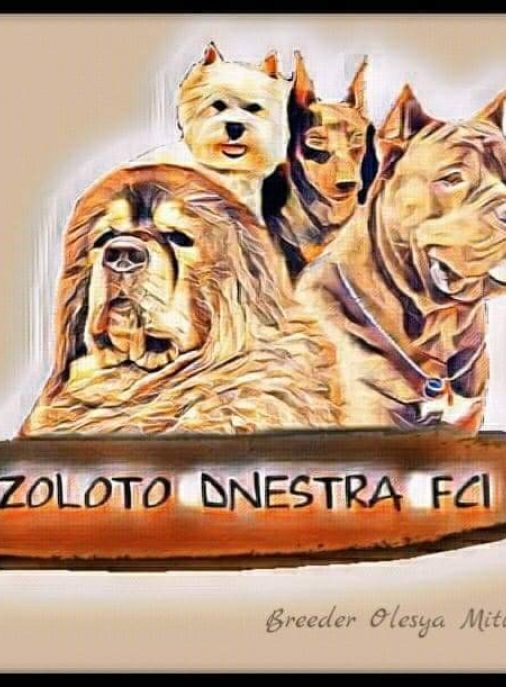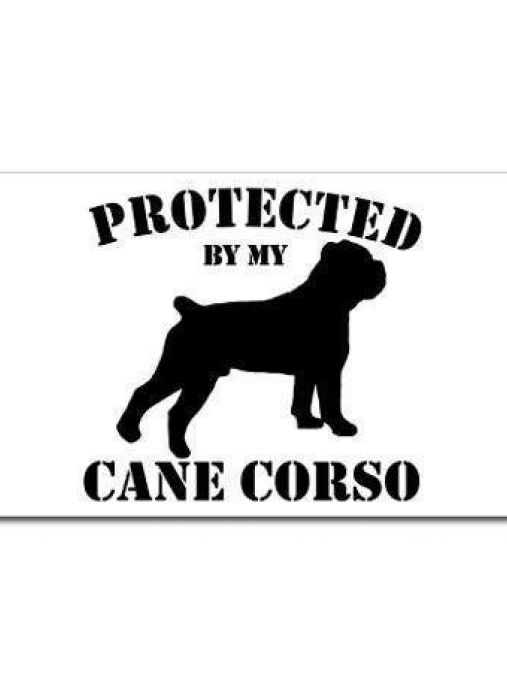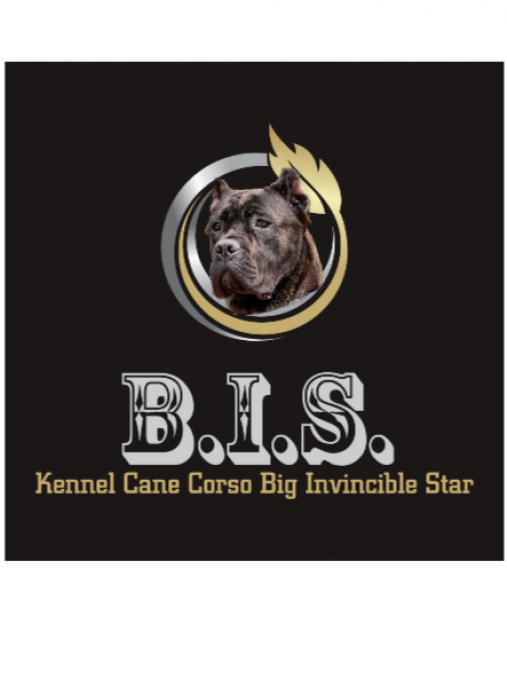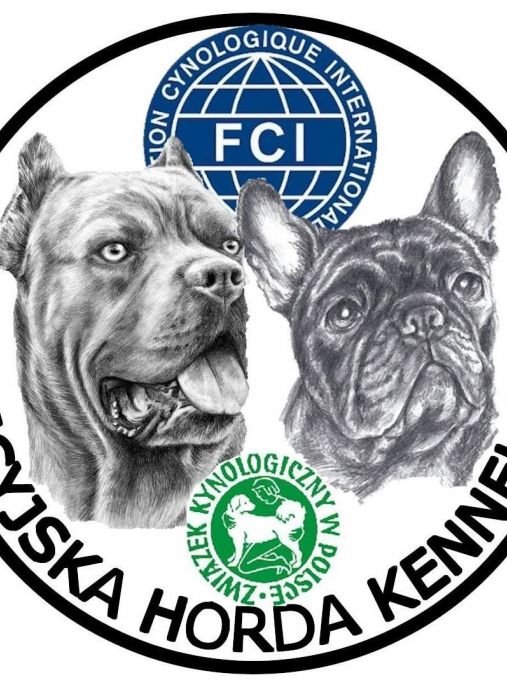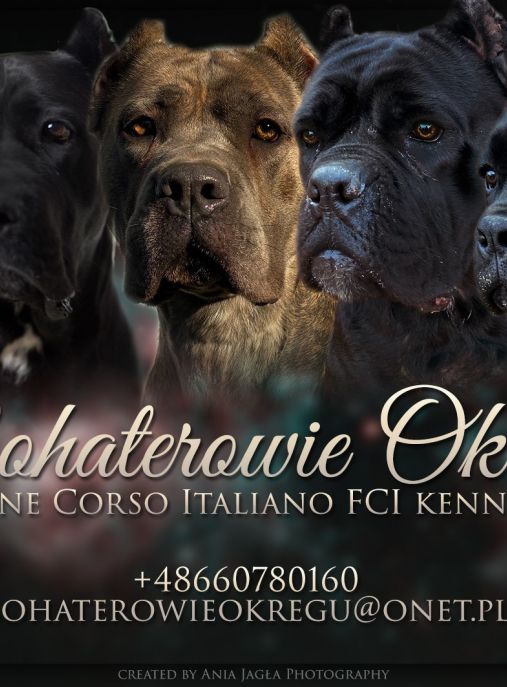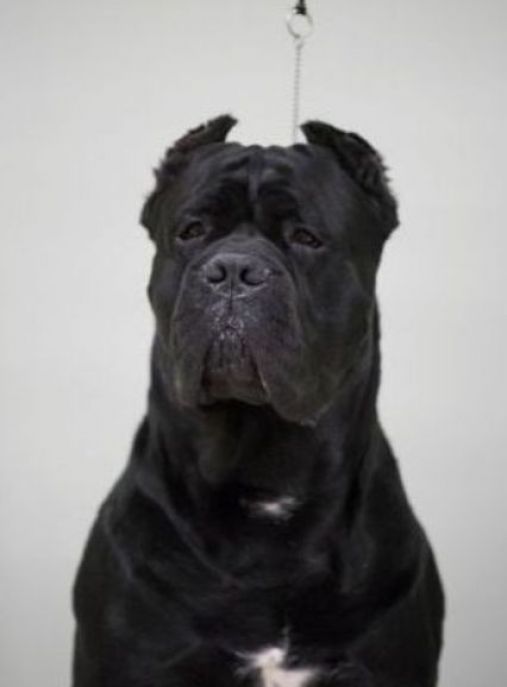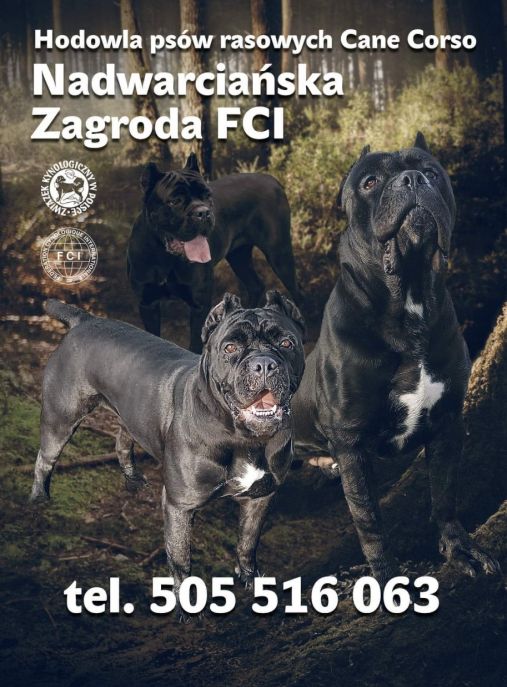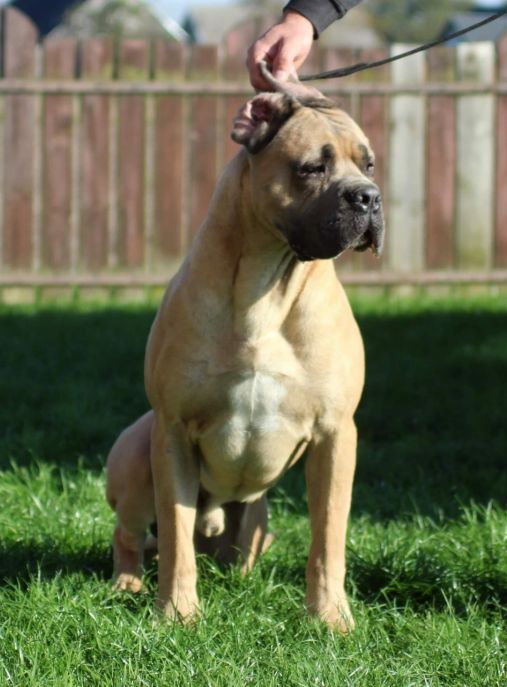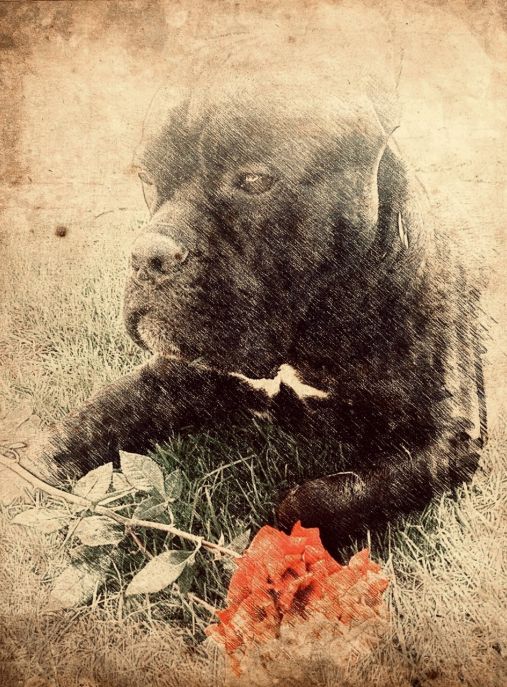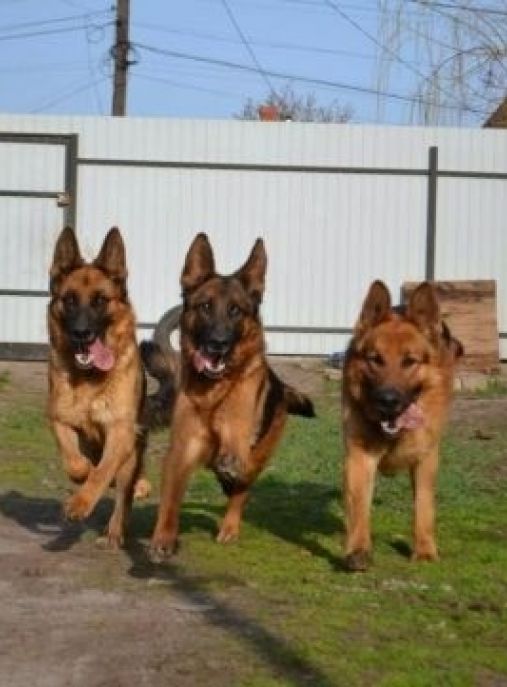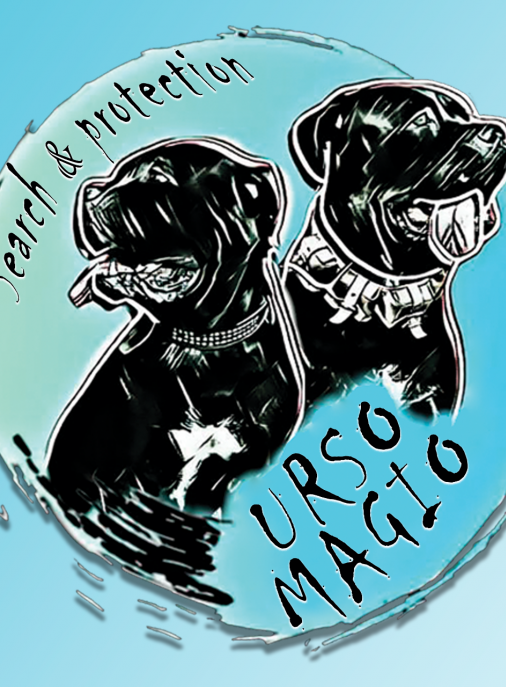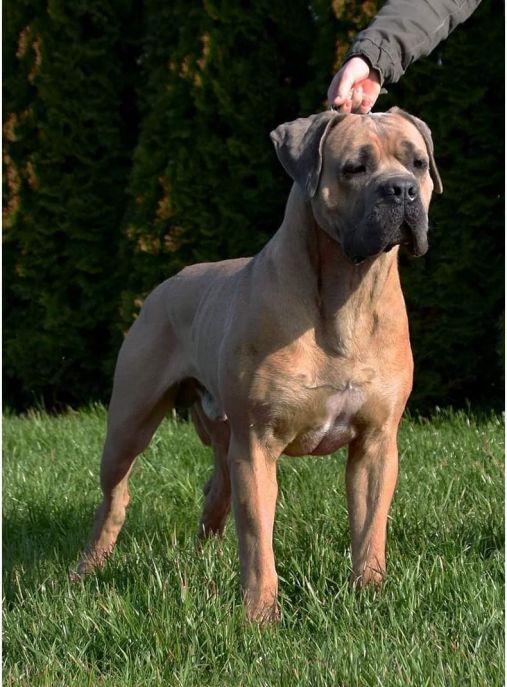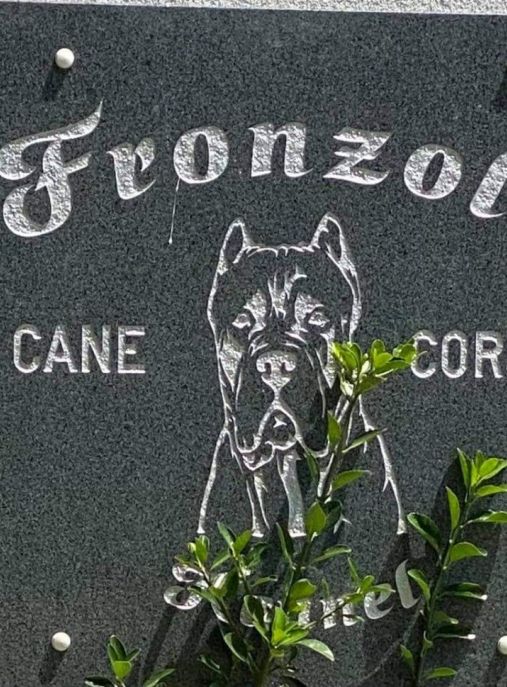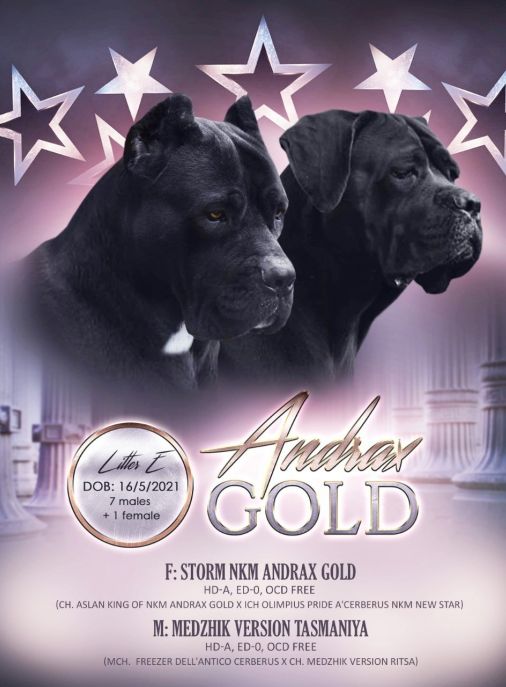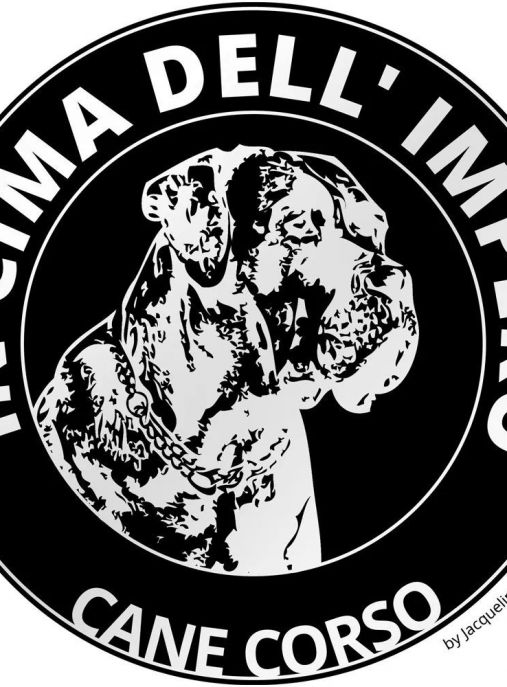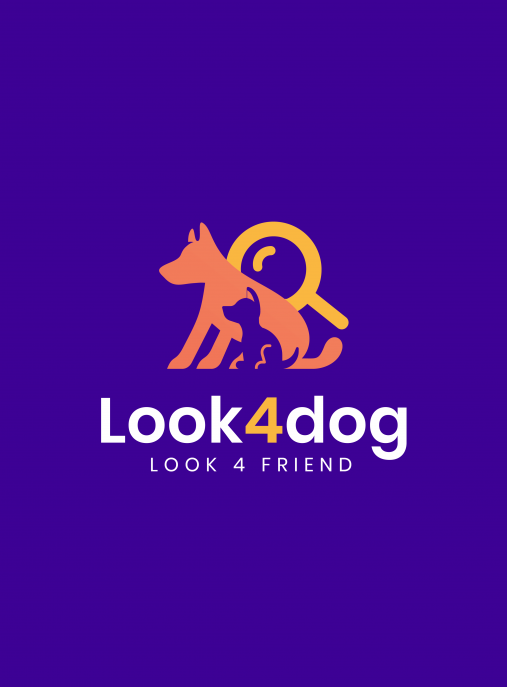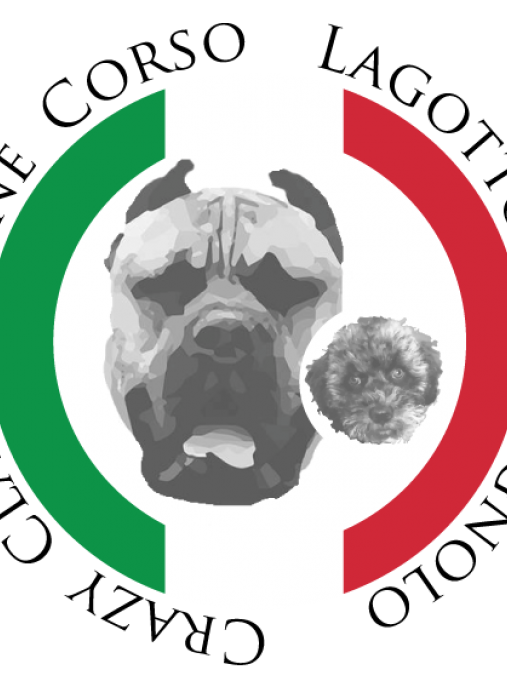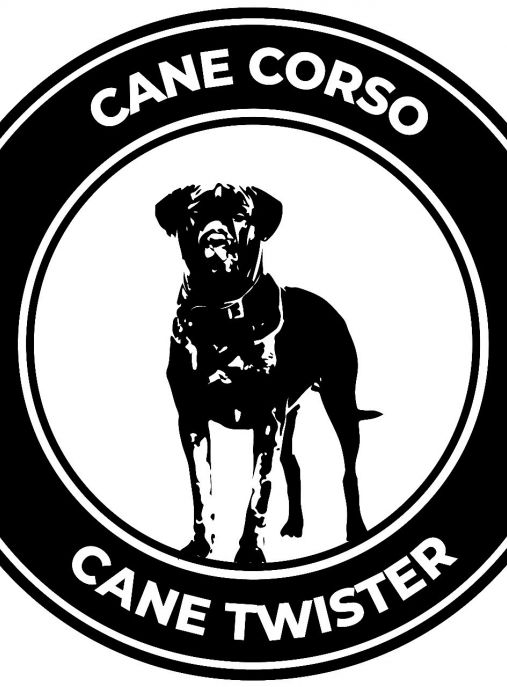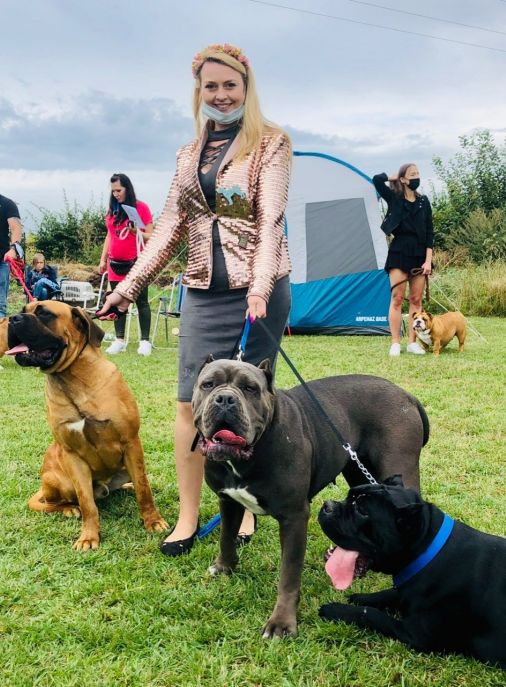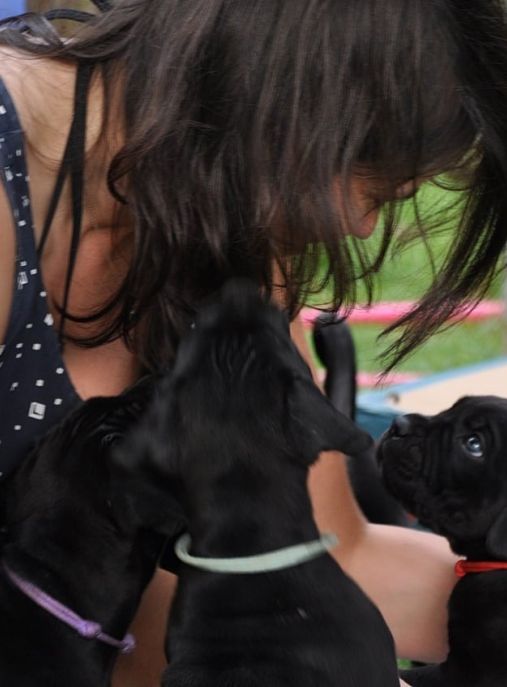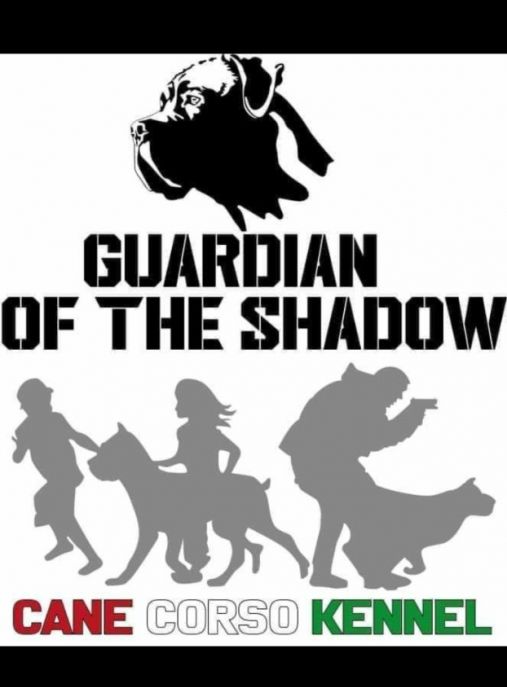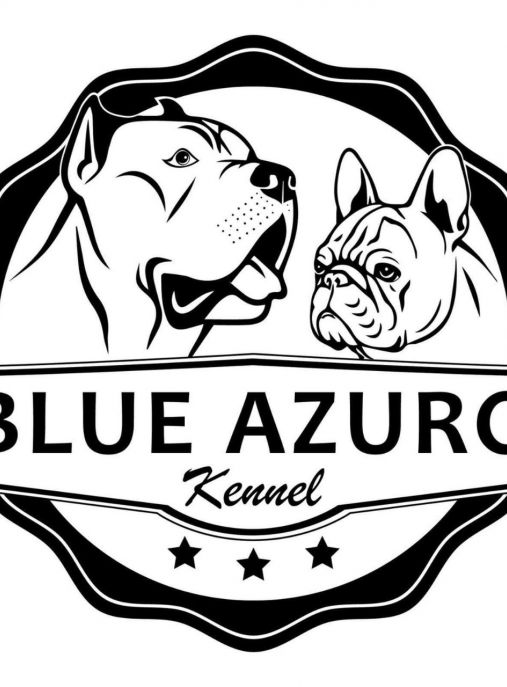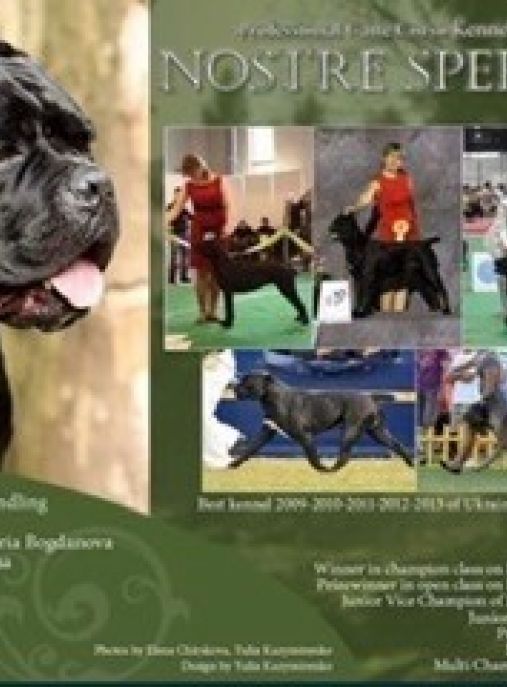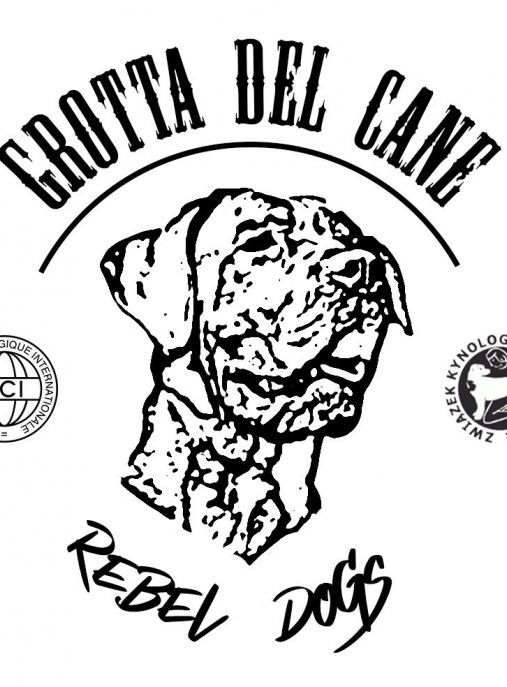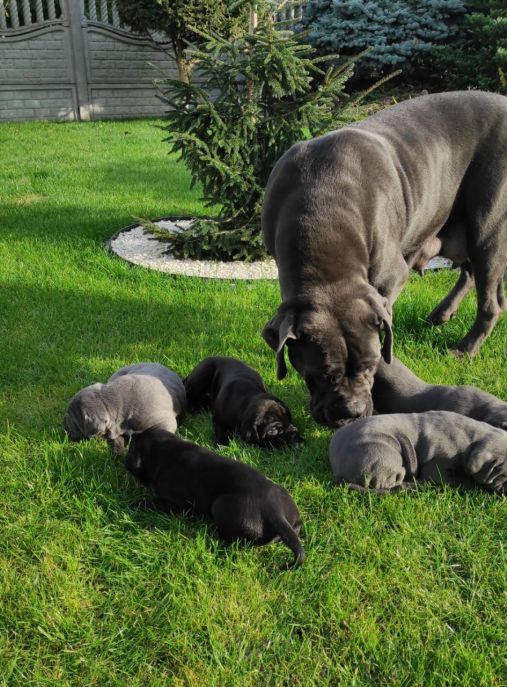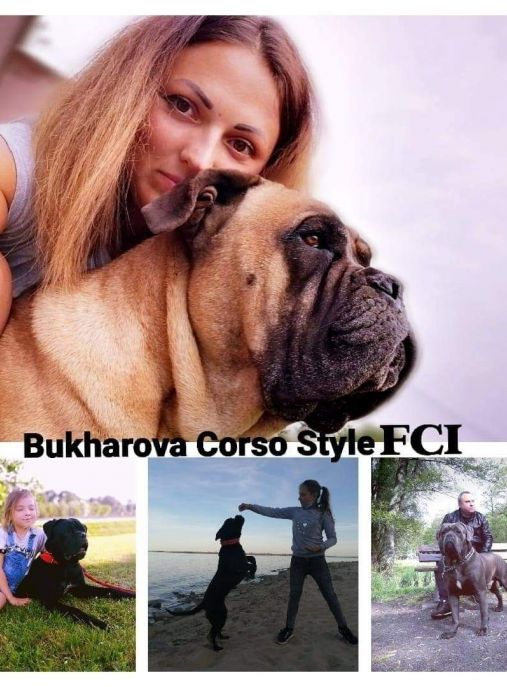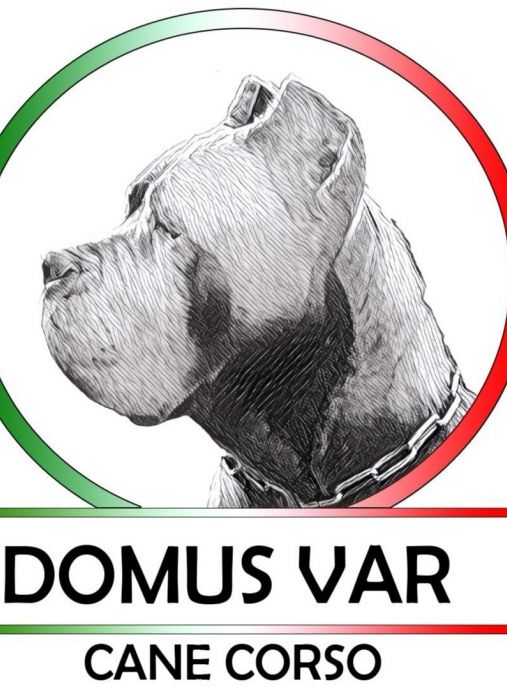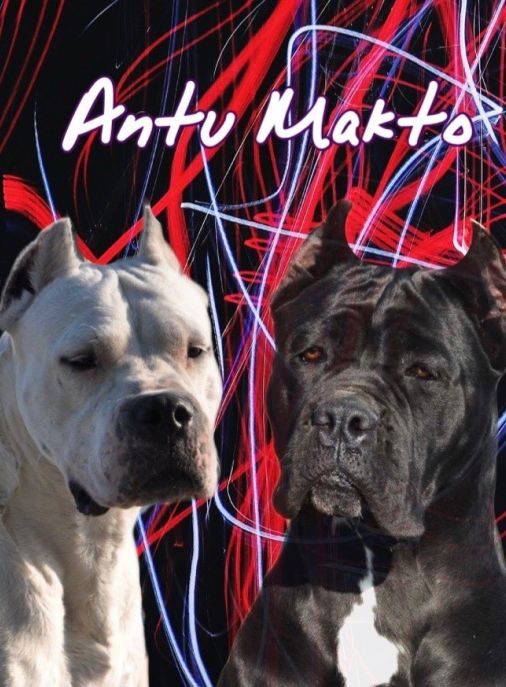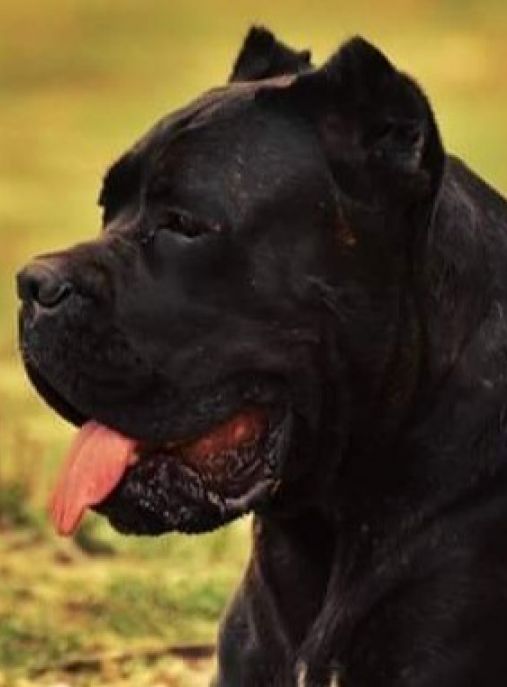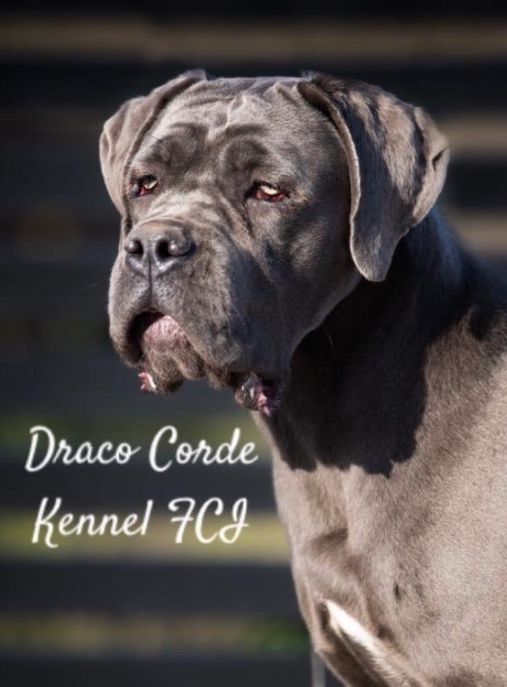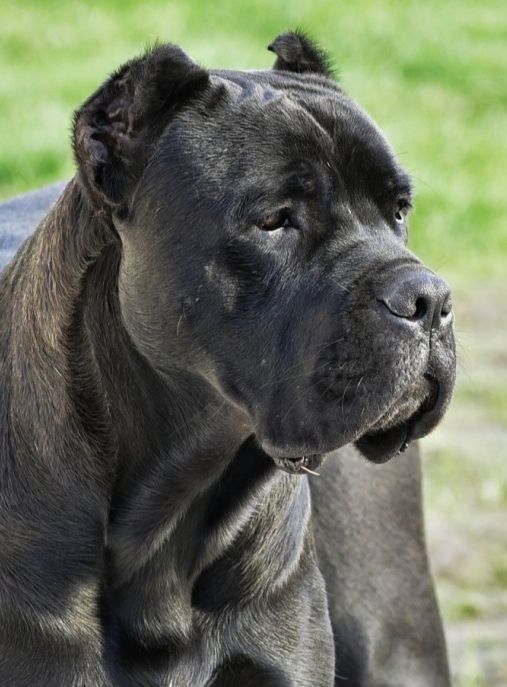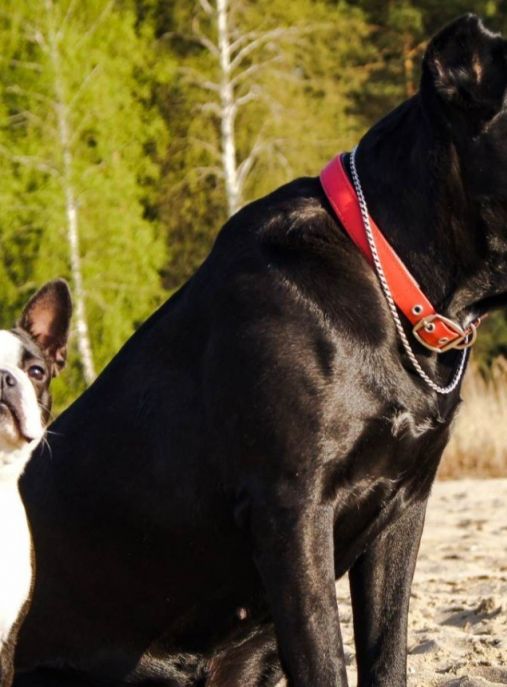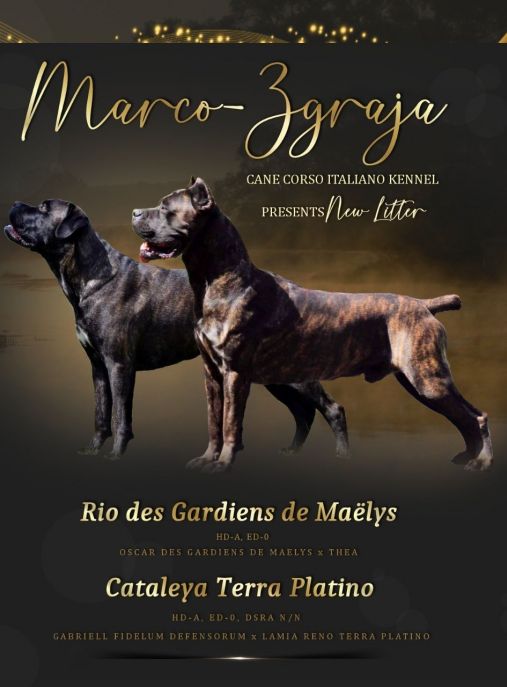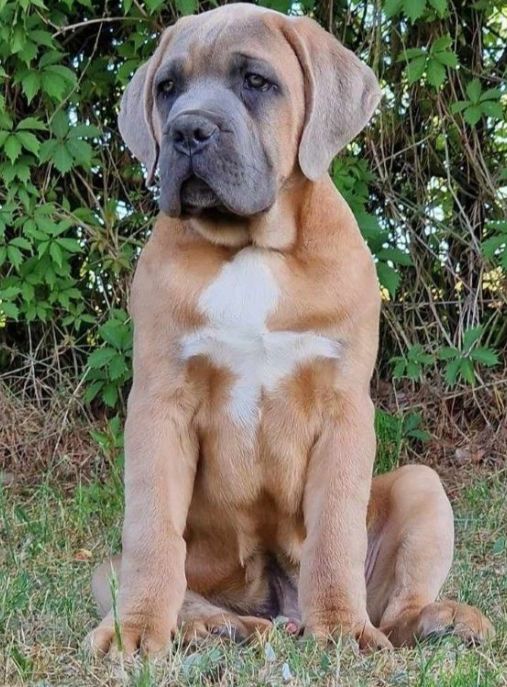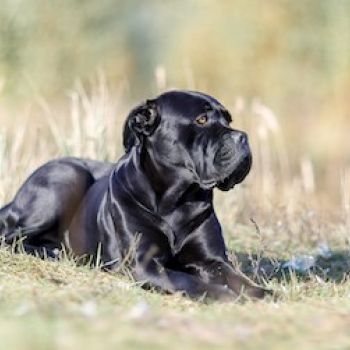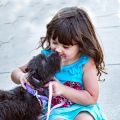The Italian Cane Corso is a majestic and powerful dog breed that hails from Italy. With its muscular build and imposing presence, the Cane Corso is often mistaken for a ferocious guard dog. However, beneath its tough exterior lies a loyal and affectionate companion. This breed is known for its intelligence, agility, and protective nature, making it an excellent choice for experienced dog owners seeking a devoted and reliable companion.
The history of the Cane Corso dates back to ancient times, where it was primarily used as a hunting and guarding dog. Its ancestors can be traced back to the Molossus, a breed that existed in ancient Greece and Rome. The Cane Corso's name is derived from the Latin word "cohors," which means "protector" or "guardian." Throughout history, the Cane Corso has been utilized for various tasks, including hunting large game, guarding livestock, and protecting property.
According to the FCI (Fédération Cynologique Internationale) typology, the Cane Corso belongs to Group 2: Pinscher and Schnauzer - Molossoid breeds - Swiss Mountain and Cattle Dogs. This group includes other notable breeds such as the Boxer, Doberman Pinscher, and Rottweiler. The Cane Corso is classified under Section 2.1: Molossoid breeds, Mastiff type.
The Cane Corso is a versatile breed that can serve multiple purposes. Traditionally, it excelled as a guardian of livestock and property. Its protective instincts and natural territoriality make it an excellent choice for those seeking a reliable guard dog. However, the Cane Corso is also a loving and loyal family companion. With proper socialization and training, it can coexist harmoniously with children and other pets. Due to its size and strength, it is recommended for experienced dog owners who can provide the necessary guidance and structure.
In terms of physical characteristics, the Cane Corso is a large and robust breed. Males typically weigh between 99 to 110 pounds (45 to 50 kilograms), while females weigh slightly less, ranging from 88 to 99 pounds (40 to 45 kilograms). The height at the withers for males is around 24 to 27.5 inches (62 to 68 centimeters), and for females, it is slightly smaller, ranging from 23.5 to 26 inches (60 to 64 centimeters).
The Cane Corso has a short and dense coat that comes in various colors, including black, fawn, gray, and brindle. Its coat requires minimal grooming, with occasional brushing to remove loose hair and maintain its overall cleanliness. This breed is known for its expressive eyes, which are typically almond-shaped and vary in color from hazel to dark brown.
With proper care and nutrition, the Cane Corso has an average life expectancy of 9 to 12 years. However, like many large breeds, it is prone to certain health issues, including hip dysplasia, elbow dysplasia, and bloat. Regular exercise, a balanced diet, and routine veterinary check-ups are essential to ensure the overall well-being of this breed.
One interesting fact about the Cane Corso is its exceptional trainability. This breed is highly intelligent and eager to please its owner, making it relatively easy to train. However, it requires consistent and firm leadership to establish boundaries and prevent any potential behavioral issues. Early socialization is crucial to ensure that the Cane Corso grows up to be a well-rounded and confident dog.
In conclusion, the Italian Cane Corso is a remarkable breed with a rich history and impressive capabilities. Its combination of strength, loyalty, and intelligence makes it an ideal choice for experienced dog owners seeking a versatile companion. With proper training, socialization, and care, the Cane Corso can thrive as both a guardian and a loving family pet.
The Italian Cane Corso is a majestic and powerful breed known for its impressive character and unwavering loyalty. With a history dating back to ancient Rome, these dogs were originally bred for hunting, guarding, and protecting property. Today, they have become popular as family pets, thanks to their loving nature and strong protective instincts.
One of the defining characteristics of the Cane Corso is its calm and confident demeanor. These dogs exude a sense of self-assurance, making them excellent guardians. They are highly intelligent and quick to learn, which makes training them a rewarding experience. However, it is important to note that they have a strong will and need a firm and consistent hand in their upbringing.
When it comes to behavior, Cane Corsos are typically reserved and aloof with strangers. They are naturally protective of their family and property, making them excellent watchdogs. Early socialization is crucial to ensure they are comfortable and well-behaved around unfamiliar people and animals. With proper training and socialization, they can be friendly and gentle with children and other pets.
Cane Corsos are known for their loyalty and devotion to their family. They form strong bonds with their owners and are always eager to please. This breed thrives on human companionship and does not do well when left alone for long periods. They require plenty of mental and physical stimulation to prevent boredom and destructive behavior.
Exercise is an essential part of raising a Cane Corso. These dogs have a lot of energy and need regular exercise to keep them physically fit and mentally stimulated. Daily walks, playtime, and interactive toys are all great ways to keep them engaged and prevent behavioral issues. However, it is important to note that they should not be overexerted, especially during hot weather, as they are prone to overheating.
Training a Cane Corso requires patience, consistency, and positive reinforcement. They respond well to reward-based training methods, such as treats and praise. Early obedience training is essential to establish boundaries and ensure they grow into well-mannered adults. It is also important to teach them proper leash manners and basic commands like sit, stay, and come.
Proper socialization is crucial for Cane Corsos to develop into well-rounded dogs. Exposing them to various environments, people, and animals from a young age will help them become confident and well-behaved in different situations. Puppy classes and obedience training are excellent ways to socialize them and provide them with the necessary skills to navigate the world around them.
In conclusion, the Italian Cane Corso is a remarkable breed with a strong character and unwavering loyalty. They are calm, confident, and protective, making them excellent family pets and guardians. With proper training, socialization, and plenty of love and attention, Cane Corsos can thrive and become cherished members of any household.
The Italian Cane Corso is a majestic and powerful breed that requires special care to ensure their well-being and happiness. Here are some tips on how to properly care for a Cane Corso and what to do and not to do when it comes to their care.
1. Exercise: Cane Corsos are active dogs that require regular exercise to maintain their physical and mental health. Daily walks, jogs, or play sessions in a secure area are essential. However, avoid excessive exercise, especially during their growth phase, as it can lead to joint problems.
2. Training and Socialization: Early training and socialization are crucial for Cane Corsos. They are intelligent and eager to please, making them relatively easy to train. However, they can be strong-willed, so consistent and positive reinforcement-based training methods work best. Socialize them with various people, animals, and environments from a young age to ensure they grow up to be well-rounded dogs.
3. Grooming: Cane Corsos have a short, dense coat that requires minimal grooming. Regular brushing with a soft-bristle brush will help keep their coat healthy and remove loose hair. They are moderate shedders, so occasional baths and nail trims are also necessary. Additionally, clean their ears regularly to prevent infections.
4. Feeding: Provide a high-quality, balanced diet suitable for large breeds. Cane Corsos are prone to bloating, so it's important to feed them smaller meals multiple times a day rather than one large meal. Avoid feeding immediately before or after exercise to reduce the risk of bloat. Consult with a veterinarian to determine the appropriate portion sizes and dietary requirements for your specific dog.
5. Health Care: Regular veterinary check-ups, vaccinations, and preventive treatments are essential for the overall health of your Cane Corso. They are prone to certain health issues, including hip dysplasia, elbow dysplasia, and heart problems. Regular exercise, a balanced diet, and maintaining a healthy weight can help minimize these risks.
6. Mental Stimulation: Cane Corsos are intelligent dogs that thrive on mental stimulation. Provide them with puzzle toys, interactive games, and training sessions to keep their minds engaged. Lack of mental stimulation can lead to boredom and destructive behavior.
7. Safety and Security: Cane Corsos are protective by nature, so it's important to provide them with a secure and safe environment. Ensure your yard is properly fenced, and supervise them during outdoor activities. Properly socialize them to prevent aggression towards strangers or other animals.
What NOT to do:
1. Do not neglect their exercise needs. Lack of physical activity can lead to obesity and behavioral issues.
2. Do not use harsh training methods or punishment-based techniques. Cane Corsos respond best to positive reinforcement and consistency.
3. Do not leave them alone for extended periods. They are social dogs and can develop separation anxiety if left alone for too long.
4. Do not overfeed them. Obesity can lead to various health problems, including joint issues.
5. Do not skip regular veterinary check-ups. Early detection of health issues can significantly improve their prognosis.
6. Do not encourage aggressive behavior. Proper socialization and training are essential to prevent any aggressive tendencies.
In conclusion, caring for a Cane Corso requires commitment, patience, and understanding of their specific needs. By providing them with proper exercise, training, nutrition, and regular veterinary care, you can ensure they lead a happy and healthy life.
The Italian Cane Corso is a majestic and powerful breed known for its imposing presence and muscular build. When it comes to their coat color, the Cane Corso exhibits a range of shades that add to their overall allure. While the breed standard recognizes several colors, the most common and iconic color of the Cane Corso is a striking shade of solid black.
The black coat of the Cane Corso is often described as intense and lustrous, exuding an air of elegance and sophistication. It is a color that demands attention and highlights the breed's strong and robust physique. The black coat is typically uniform throughout the dog's body, from head to tail, with no markings or patterns present.
The depth of the black color can vary slightly between individual dogs, with some displaying a rich, jet-black hue, while others may have a slightly lighter shade that borders on charcoal. Regardless of the exact shade, the black coat of the Cane Corso is always captivating and adds to the breed's overall regal appearance.
In addition to the solid black coat, it is not uncommon to find small patches of white on the chest or toes of some Cane Corsos. These white markings, known as "brachycephalic markings," are considered acceptable within the breed standard and add a touch of contrast to the otherwise black coat. However, it is important to note that excessive white markings or any other color variations are considered undesirable in the show ring.
The black coat of the Cane Corso is not only visually striking but also serves a practical purpose. It provides excellent camouflage, allowing the dog to blend seamlessly into the shadows, making it an effective guardian and protector. This coloration also helps to accentuate the breed's strong and well-defined musculature, giving the Cane Corso an even more formidable presence.
Maintaining the lustrous black coat of a Cane Corso requires regular grooming and care. Regular brushing helps to remove loose hair and maintain the coat's natural shine. Additionally, a balanced diet rich in essential nutrients promotes healthy skin and coat, ensuring the black color remains vibrant.
In conclusion, the common color of the Italian Cane Corso is a solid, intense black. This striking coat color enhances the breed's powerful physique and adds to its overall regal and commanding presence. Whether seen in the show ring or guarding a home, the black coat of the Cane Corso is a testament to its strength, beauty, and timeless elegance.
The health of Italian Cane Corso dogs is generally robust and resilient. This breed is known for its strong physique and sturdy build, which contributes to its overall good health. However, like any other breed, Cane Corsos are susceptible to certain health issues that owners should be aware of in order to provide proper care and ensure their well-being.
One of the most common health concerns in Cane Corsos is hip dysplasia. This condition occurs when the hip joint doesn't develop properly, leading to discomfort, pain, and eventually arthritis. Responsible breeders often perform hip evaluations on their breeding dogs to minimize the risk of passing on this condition. Regular exercise, a balanced diet, and maintaining a healthy weight can also help reduce the likelihood of hip dysplasia.
Another prevalent health issue in Cane Corsos is gastric dilatation-volvulus (GDV), commonly known as bloat. This condition occurs when the stomach fills with gas and twists, leading to a potentially life-threatening situation. To prevent bloat, it is recommended to feed Cane Corsos smaller, frequent meals rather than one large meal. Avoiding vigorous exercise immediately before or after meals can also help reduce the risk.
Heart disease, particularly dilated cardiomyopathy (DCM), is another concern in Cane Corsos. DCM is a condition where the heart muscle weakens and enlarges, leading to poor heart function. Regular veterinary check-ups, including cardiac evaluations, can help detect any early signs of heart disease. A balanced diet rich in essential nutrients, such as taurine, can also support heart health.
Cane Corsos are also prone to certain eye conditions, including entropion and ectropion. Entropion is a condition where the eyelid rolls inward, causing irritation and potential damage to the cornea. Ectropion, on the other hand, is when the eyelid droops outward, leaving the eye exposed and prone to infections. Regular eye examinations by a veterinarian can help identify and address these issues early on.
Maintaining good oral hygiene is crucial for Cane Corsos, as they are prone to dental problems such as periodontal disease. Regular brushing of their teeth, providing dental chews, and scheduling professional dental cleanings can help prevent dental issues and maintain overall oral health.
To care for the health of Cane Corsos, regular exercise is essential. These dogs have high energy levels and require daily physical activity to keep them mentally and physically stimulated. A balanced diet, appropriate for their age and activity level, is crucial to support their overall health and prevent obesity.
Regular veterinary check-ups are vital to monitor the general health of Cane Corsos and detect any potential health issues early on. Vaccinations, parasite prevention, and routine blood tests are all important aspects of their healthcare regimen.
In conclusion, while Italian Cane Corso dogs are generally healthy and robust, they are prone to certain health issues such as hip dysplasia, bloat, heart disease, eye conditions, and dental problems. Responsible ownership, including regular veterinary care, a balanced diet, appropriate exercise, and maintaining good oral hygiene, can help ensure the well-being and longevity of these magnificent dogs.
The Cane Corso, an Italian breed known for its strength and agility, requires a well-balanced and nutritious diet to maintain optimal health and vitality. Proper nutrition plays a crucial role in supporting their muscular build, promoting a shiny coat, and ensuring overall well-being. In this text, we will delve into the nutritional needs of the Italian Cane Corso and provide advice on feeding guidelines and potential dietary pitfalls to avoid.
Protein is a fundamental component of a Cane Corso's diet. As an active and muscular breed, they require a higher protein intake compared to less active dogs. High-quality animal-based proteins, such as lean meats (chicken, turkey, beef), fish, and eggs, should form the foundation of their diet. These protein sources provide essential amino acids that aid in muscle development and repair.
In addition to protein, a balanced diet for a Cane Corso should include healthy fats. Fats are a concentrated source of energy and play a crucial role in maintaining healthy skin and coat. Incorporating omega-3 fatty acids, found in fish oil or flaxseed oil, can help reduce inflammation and promote a glossy coat. However, it is important to ensure that fats are provided in moderation, as excessive amounts can lead to weight gain and related health issues.
Carbohydrates are another essential component of a Cane Corso's diet. Opt for complex carbohydrates like whole grains (brown rice, oats) and vegetables (sweet potatoes, peas, carrots). These provide a steady release of energy and are rich in fiber, aiding in digestion and maintaining a healthy weight. Avoid processed grains and fillers, such as corn or wheat, as they offer limited nutritional value and may cause allergies or digestive issues in some dogs.
Feeding guidelines for a Cane Corso should be based on their age, weight, activity level, and overall health. Puppies require a diet specifically formulated for their growth and development, with higher protein and calorie content. As they mature, their diet can transition to adult formulas, ensuring a balanced nutrient profile. It is advisable to consult with a veterinarian to determine the appropriate feeding schedule and portion sizes for your individual dog.
While it is tempting to share human food with your Cane Corso, certain foods should be strictly avoided as they can be toxic or harmful to dogs. These include chocolate, caffeine, grapes, raisins, onions, garlic, and foods containing artificial sweeteners like xylitol. Additionally, fatty foods, bones, and excessive salt should be avoided, as they can lead to digestive issues, pancreatitis, or other health complications.
Proper hydration is equally important for a Cane Corso's well-being. Always provide fresh, clean water and ensure it is readily available throughout the day. Regular exercise and mental stimulation are also essential for maintaining a healthy weight and overall fitness.
In conclusion, a well-balanced diet is crucial for the nutrition of Italian Cane Corso dogs. A diet rich in high-quality proteins, healthy fats, complex carbohydrates, and essential nutrients will support their active lifestyle and promote optimal health. Avoiding harmful foods and maintaining proper hydration and exercise will contribute to a long and happy life for your Cane Corso companion.
